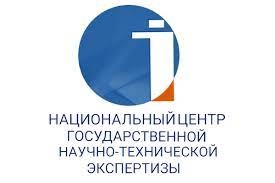National component in the content of foreign language education
Abstract
The use of a foreign language as a way of comprehending the world of special knowledge, familiarizing with the culture of one’s own and other peoples, a dialogue of different cultures, contributing to people’s awareness of belonging not only to their country, a particular civilization, but also to the planetary cultural community – all these ideas of a fatherland-oriented education are important for the Kazakh higher school, which implements the humanistic paradigm of education. Dissemination of cultural characteristics of the Kazakh people.
In order to master a foreign language culture, a systemic cultural base about one’s state is needed in order to ensure the pithiness of intercultural communication and popularize information about Kazakhstan abroad. The use of a foreign language as a way of comprehending the world of special knowledge, familiarizing oneself with the culture of one’s own and other nations, a dialogue of various cultures that promotes people’s awareness of not only their country, a certain civilization, but also the planetary cultural community.
About the Author
F. K. AtabayevaKazakhstan
Candidate of Pedagogical Sciences, Associate Professor
Almaty
References
1. Концепция развития образования Республики Казахстан до 2015 года. – Астана, 2004
2. Назарбаев Н. А: Взгляд в будущее: модернизация общественного сознания / Н. А. Назарбаев
3. Бердяев Н. А. Самосознание / Н. А. Бердяев. – М., 1990. – С. 336.
4. Краевский В. В. Общие основы педагогики / В. В. Краевский. - М.: Академия, 2003. – С. 256.
5. Афанасьева А. Б. Этнокультурное образование: сущность, структура содержания, проблемы совершенствования / А. Б. Афанасьева // Проблемы педагогики и психологии. – 2009. – № 3. – С. 189.
Review
For citations:
Atabayeva F.K. National component in the content of foreign language education. Tiltanym. 2018;(4):78-82. (In Russ.)
















